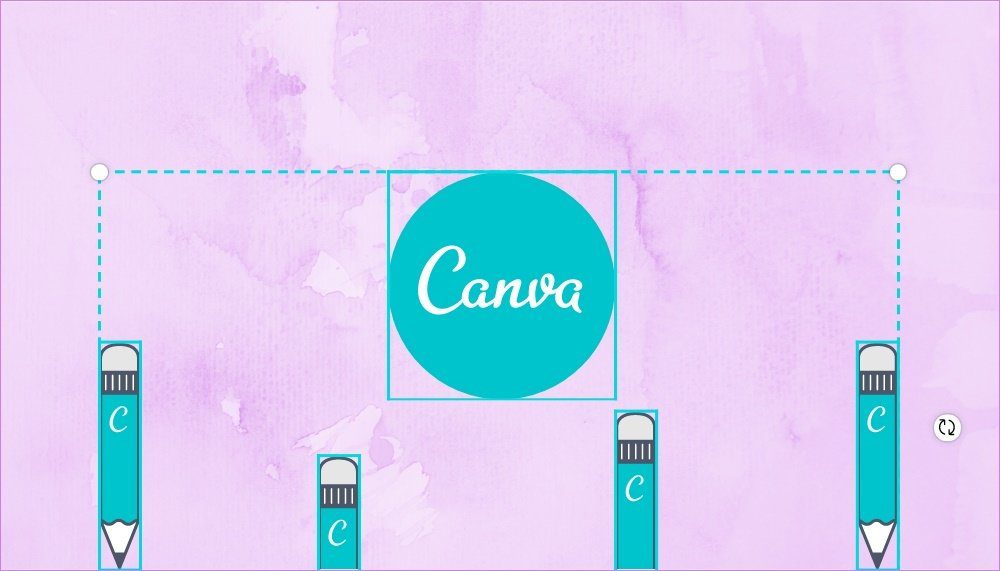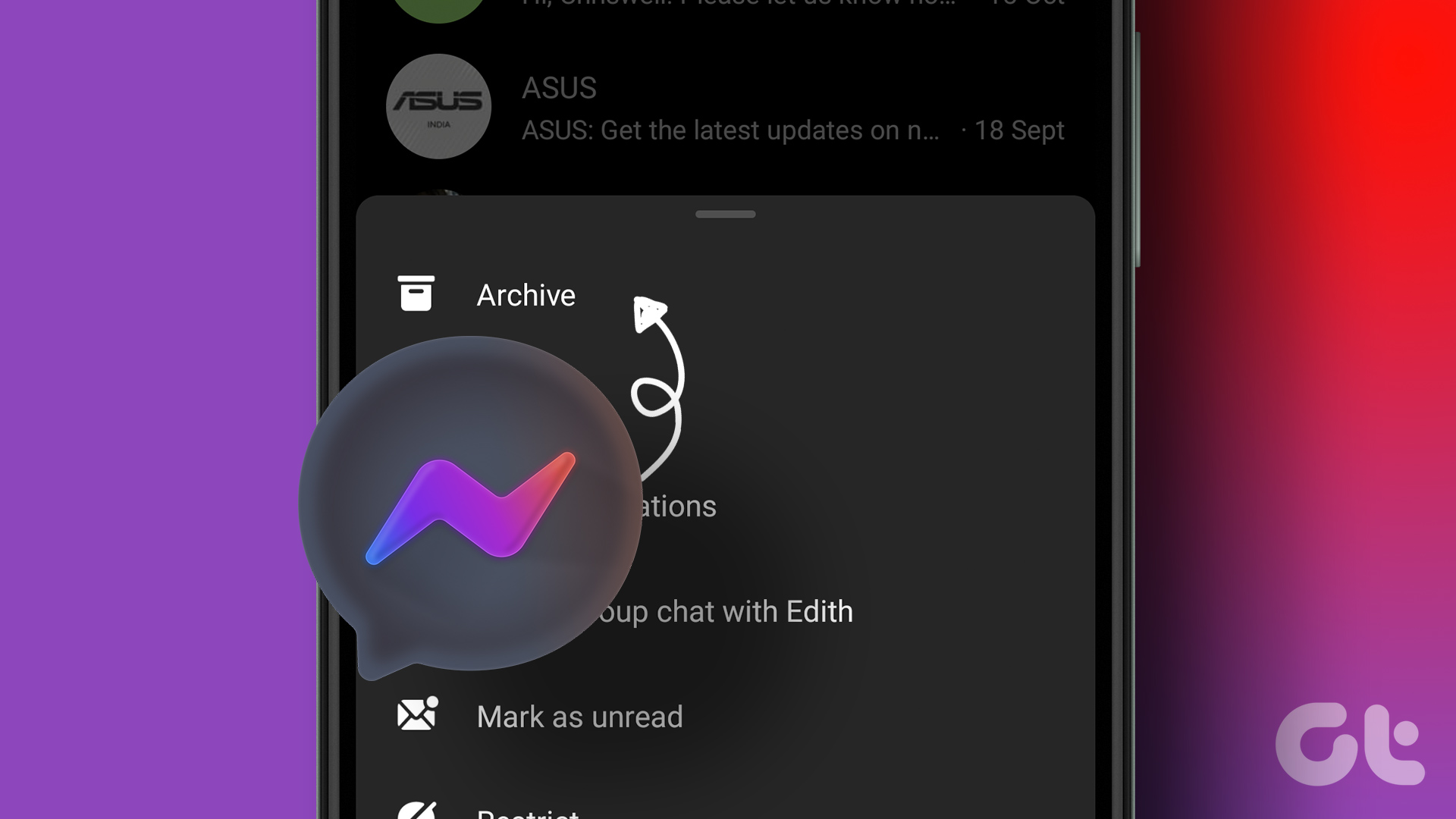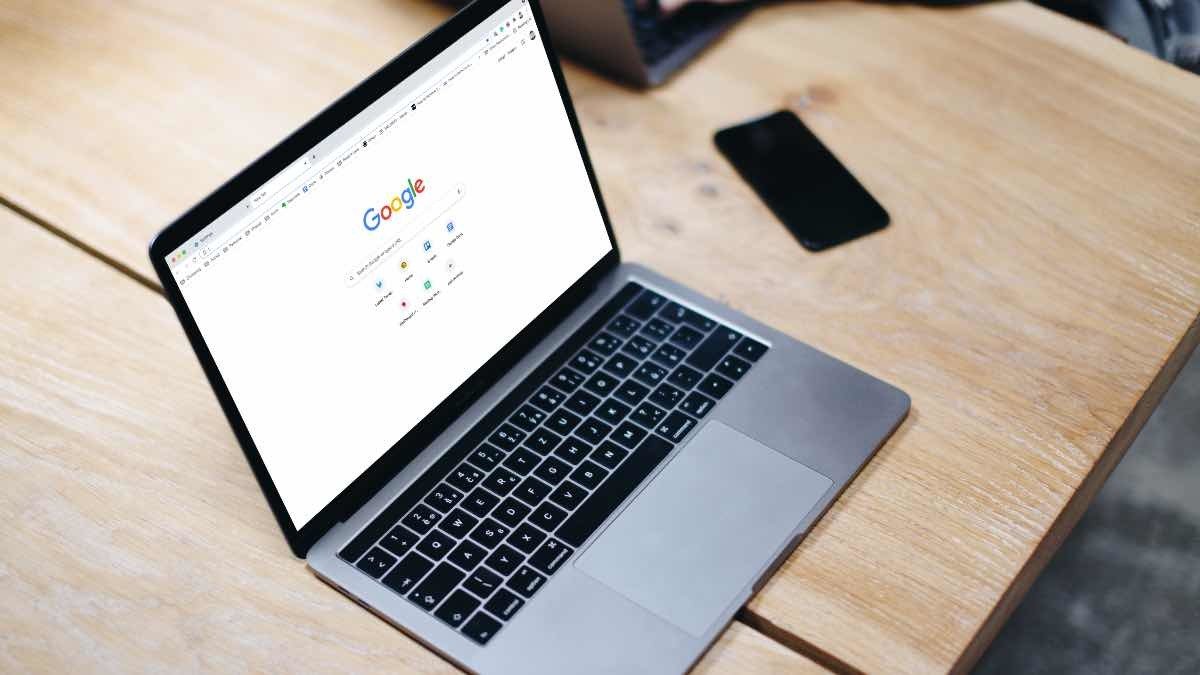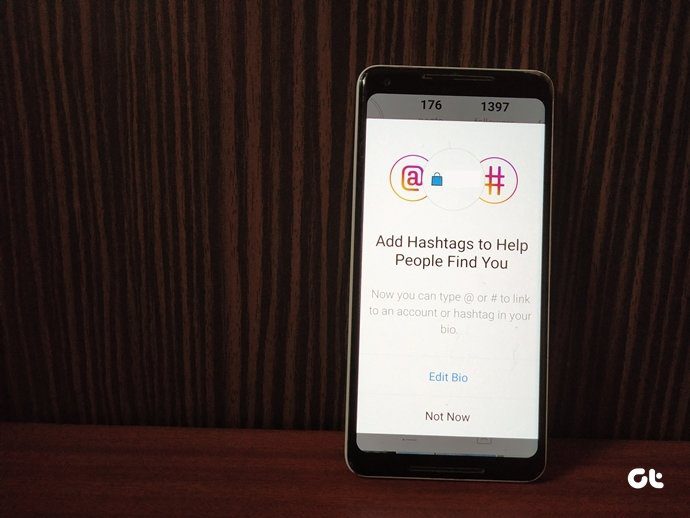Finally, Google has taken note and is looking to solve this problem. Android Messages received a much needed major update some time ago with a slew of smaller updates. Google is also working hard to implement RCS (Rich Communication Services), and has partnered with many manufacturers, like Samsung, and carriers for the same. While RCS is still a work in progress, Android Messages has come a long way. Let’s see how it fares against Facebook Messenger which boasts of over 1 billion active monthly users.
1. Platform
Messages is tied to the Android platform and will work on any smartphone that runs on a version of Android OS. That is not the case with Messenger. Messenger is deeply integrated into Facebook and not tied to any mobile OS. You can install Messenger on Android, iOS, and Windows (mobile and Windows 10) platforms. This gives you more freedom to chat with friends who are iPhone users without having to worry about anything. Both the apps work on all popular browsers. In fact, Messenger has a dedicated site aside from working inside Facebook. Messages recently launched its web version which is similar to how WhatsApp Web works. Scan a QR code, and everything gets synced.
2. Network vs. Data
Not sure which one should you use? Android Messages doesn’t need an active internet connection to work. It is dependent on your cellular network connection. It means Messages will also work on any smartphone or feature phone, which is definitely nice. Facebook-owned Messenger needs an active internet connection to work. This means no special carrier charges, and it is nearly free as long as you are connected via mobile data or a Wi-Fi network. While Messenger will only work on smartphones, select feature phones come with built-in support for Messenger and WhatsApp. Wondering about how Messages for Web works? It still uses your smartphone to send and receive SMS. The web version is just an interface, a window to access what lies on your phone.
3. App Size
If you have a high-end or a premium smartphone then app size is not going to bother you. The storage in these phones begin at 32GB and go on up to 256GB these days. If you have a low-end smartphone with limited storage (8GB or 16GB), app size is something that you should consider. Android Messages sits at about 66MB which is neither very high nor very low. Facebook Messenger, on the other hand, will cost you 44MB of storage and can go higher depending on the smartphone you own. Also, since Messenger is connected with Facebook, it also stores other data on your phone. On my Redmi Note 5 Pro, it is currently uses 235MB of which 111MB is the original app size. So you get the idea. Perhaps this is why Facebook released a lite version of Messenger which takes less than 10MB of space on your phone. We already pitted Messenger against Messenger Lite to let you know which one you should choose.
4. Price
Both the apps are absolutely free on every platform. Remember that any message you send using Messages will cost you. This depends on your carrier and the messaging plan you opted for.
5. Account
Messages is tied to your cell phone number. This means there is no need to register for an account. Just launch the app and start using it. You cannot install and run two instances of Messages even if you have two SIM cards on the same phone. However, Messages from different numbers will be marked accordingly. Messenger doesn’t need a cell phone number to work. That said, Facebook does ask users to verify their account using a mobile number. That’s still not mandatory. You can create more than one Facebook account but not with the same identity.
6. Common Features
Both Messages and Messenger have some common features. Apart from the basic ones, both support emojis. Both the apps support sharing images that you can upload either from the Gallery app or take a new one within the app. You can also send audio recordings and your location. Let’s see how both are different.
7. Not so Common Features
In Messenger, when you click on the ‘+’ icon near the typing area, it opens a whole new world of possibilities. You can tap on the Games icon to begin playing fun and interactive games with your friends online. You can listen to and share music with your friends using Apple Music or other music app that both of you have installed on your smartphone. Follow your favorite sports team using The Score app. Messenger offers a powerful API which allows app developers to integrate their services in the Facebook ecosystem. Depending on the country you live in, you can even send or request money from your contacts. Now you understand why Messenger takes up so much more space on your smartphone. You are using a bunch of apps and services inside a single app. On the other hand, Messages doesn’t allow integrating any third-party app yet. However, any Android app can demand permissions to view your messages. That’s rather odd, isn’t it?
Facebook Messenger vs. Android Messages
Android Messages and Facebook Messenger target the same audience differently. While Messages is trying hard to keep up with the likes of Messenger and other messaging apps available on the Play Store, it still has a lot of catching up to do. The recent improvements have made it more acceptable as a messaging product. My only gripe with Facebook Messenger is the ads that are displayed on the home screen. Not to forget how Facebook scans your messages and has been embroiled in data privacy snafu lately. Next up: Want to know how the newly updated Android Messages fares against iMessages? Check out our in-depth comparison post below. The above article may contain affiliate links which help support Guiding Tech. However, it does not affect our editorial integrity. The content remains unbiased and authentic.


















